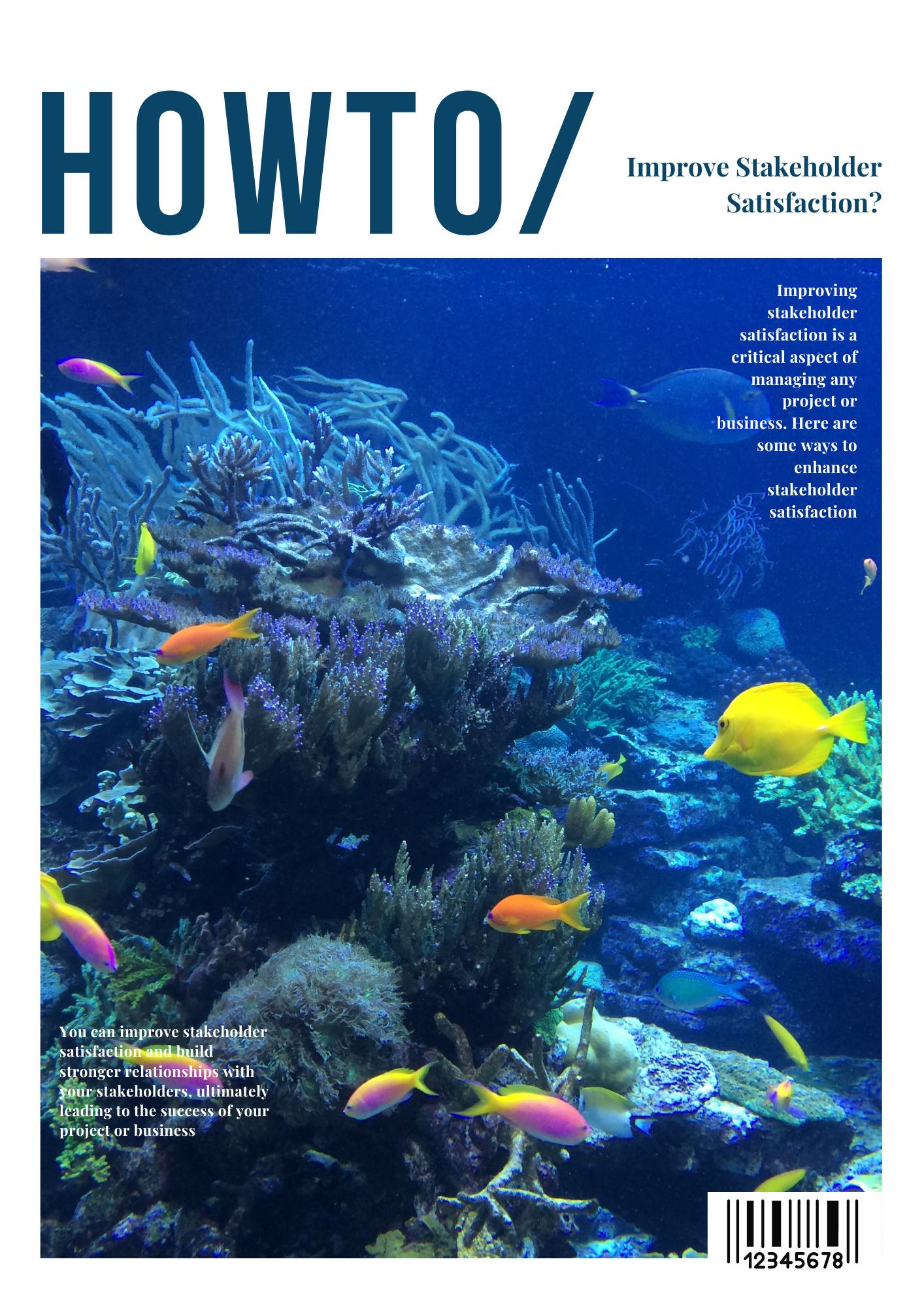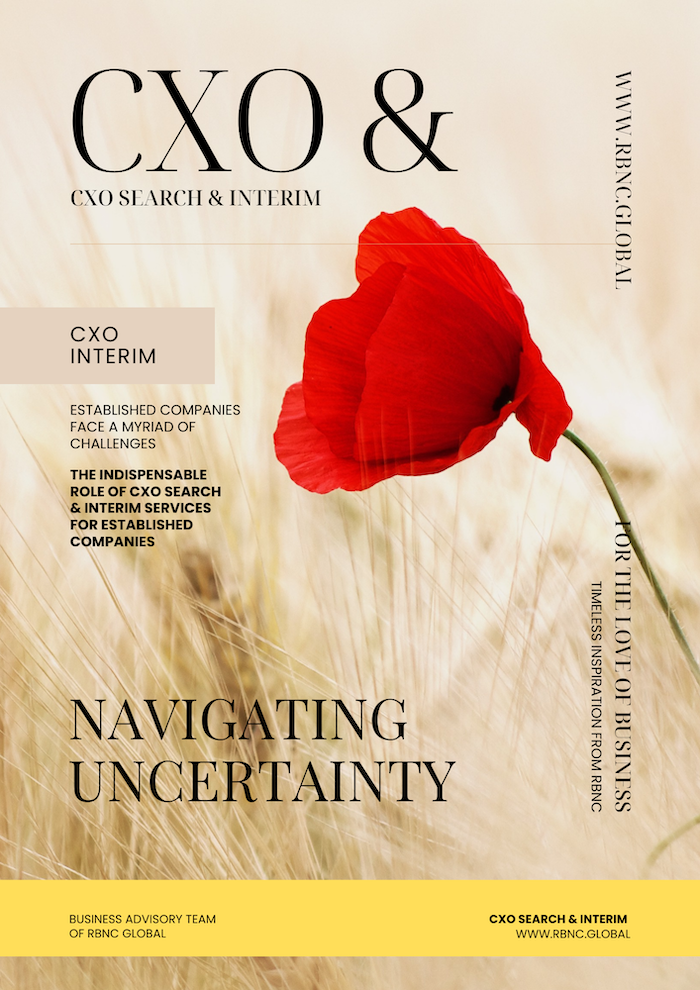The Unsung Powerhouse: Why the Executive Assistant to Top Management Significantly Impacts an Organization
Why is the Executive Assistant to top management one of an organization's most powerful, albeit often unsung, individuals? The impact stems from their unique position at the nexus of information flow, ability to amplify executive effectiveness, role in fostering internal and external relationships, and capacity to drive key organizational initiatives.
The Gatekeeper and Information Hub
At the most fundamental level, the EA acts as a crucial gatekeeper for top executives. They manage incredibly demanding and often fluid schedules, prioritizing appointments, filtering communication, and ensuring that the executive's time is allocated to the most critical tasks. This control over the executive's calendar directly influences their productivity and focus. A skilled EA can identify potential time-wasters, strategically schedule meetings for maximum efficiency, and build in crucial buffer time for strategic thinking and unforeseen issues.
Furthermore, the EA often serves as a central hub for information flowing to and from the executive office. They handle a vast amount of correspondence, prepare reports and presentations, and ensure that the executive is well-briefed and has the necessary information to make informed decisions. This demonstrates an expectation of analytical prowess and the ability to synthesize complex information into actionable insights for the Board.
Amplifying Executive Effectiveness
The true power of an EA lies in their ability to multiply the effectiveness of the executives they support. By expertly handling administrative burdens, they free up the executive's time and mental energy to focus on strategic leadership, innovation, and external engagement. Imagine a CEO bogged down in managing travel arrangements, preparing meeting agendas, and chasing up action items. The opportunity cost in terms of strategic thinking and high-level decision-making is significant.
A proactive and efficient EA anticipates the executive's needs, prepares materials in advance, and follows up on tasks, ensuring that nothing falls through the cracks. They act as an extension of the executive, managing projects, coordinating with different departments, and ensuring that directives are communicated and executed. This proactive approach streamlines operations and allows the executive to operate at their peak capacity.
Fostering Internal and External Relationships
The EA often acts as a key point of contact for both internal and external stakeholders. Their professionalism, efficiency, and interpersonal skills significantly impact the perception of the executive and the organization as a whole. A skilled EA can build strong relationships with other departments, ensuring smooth collaboration and information flow. They can also act as a buffer, diplomatically handling inquiries and requests, and protecting the executive's time from unnecessary interruptions.
Externally, the EA may interact with clients, partners, investors, and government bodies. Their ability to communicate effectively, manage expectations, and present a positive image is crucial for maintaining strong external relationships. This highlights the EA's role in facilitating crucial external engagements and ensuring their seamless execution.
Driving Key Organizational Initiatives
Beyond administrative tasks, the EA to top management can play a significant role in driving key organizational initiatives. Their proximity to the executive team provides them with a unique understanding of strategic priorities and ongoing projects. They can assist in project management, track progress, and ensure that initiatives stay on schedule. This signifies a move beyond traditional administrative duties towards a more strategic and impactful role within the organization's core operations.
The Power of Discretion and Trust
Finally, the power of the Executive Assistant is often rooted in the immense trust placed in them by top management. They are privy to highly confidential information, strategic discussions, and sensitive personnel matters. Their discretion and loyalty are paramount. This trust allows them to act as a sounding board for the executive, offering a unique perspective and providing crucial support during challenging times.









